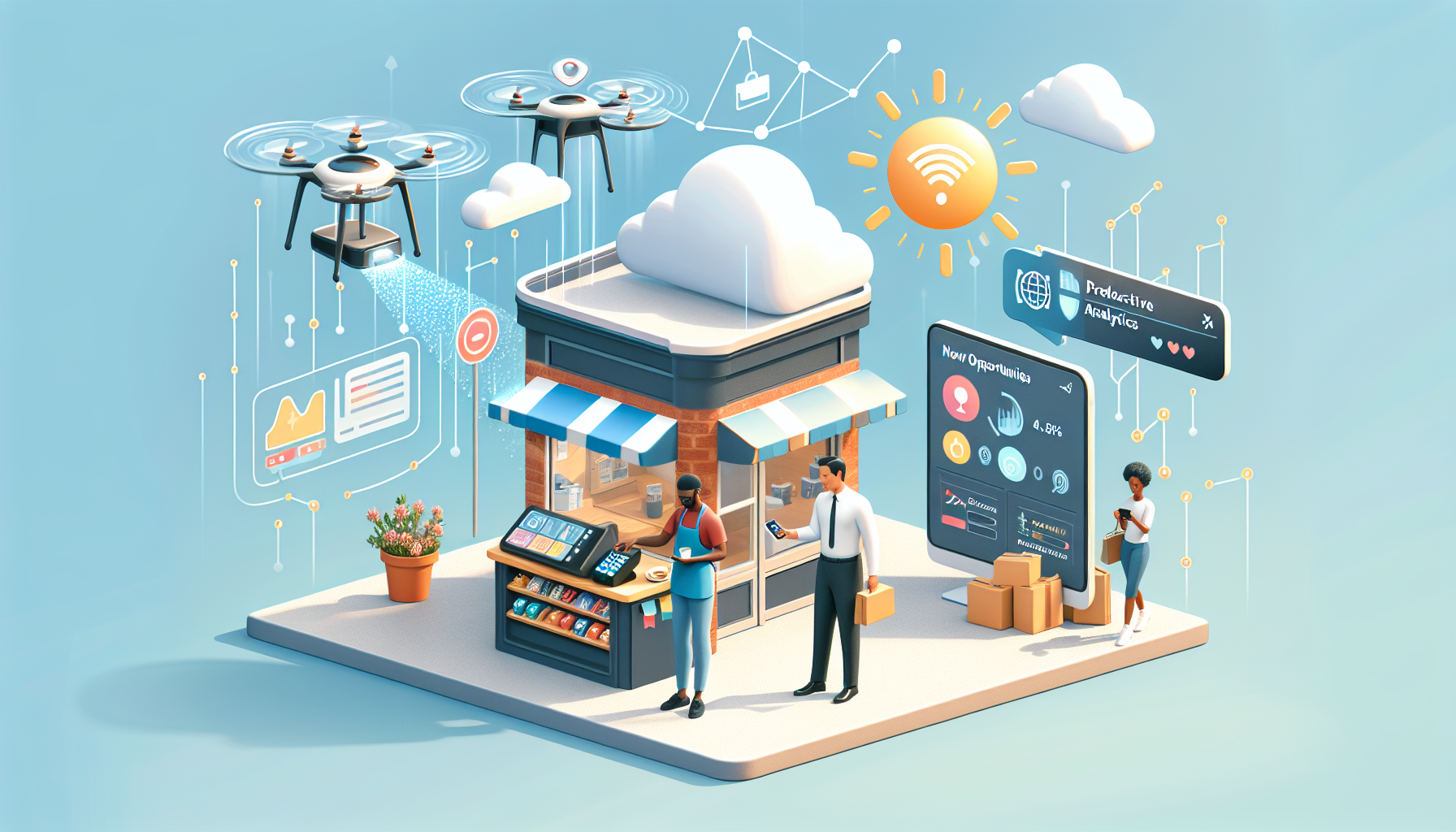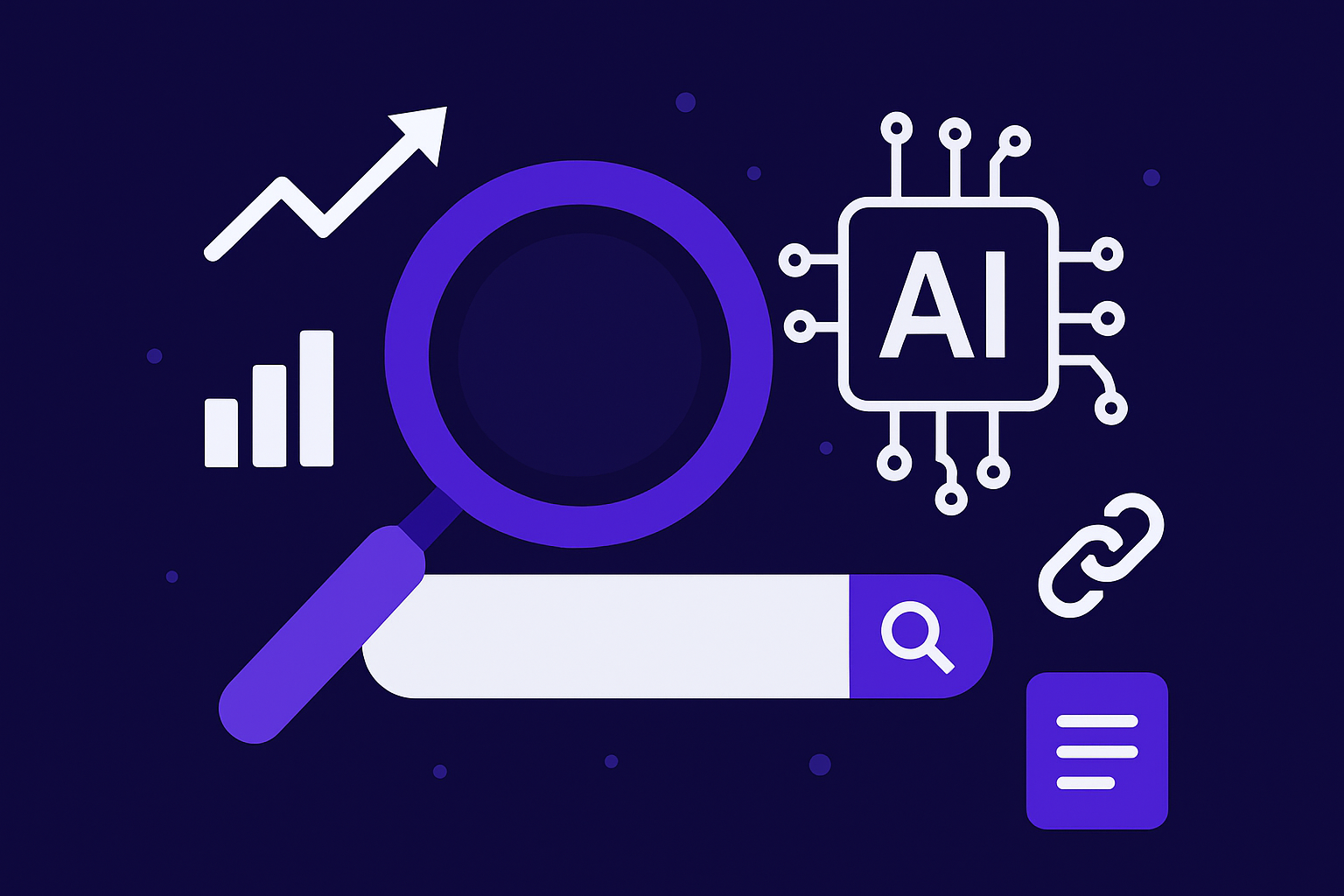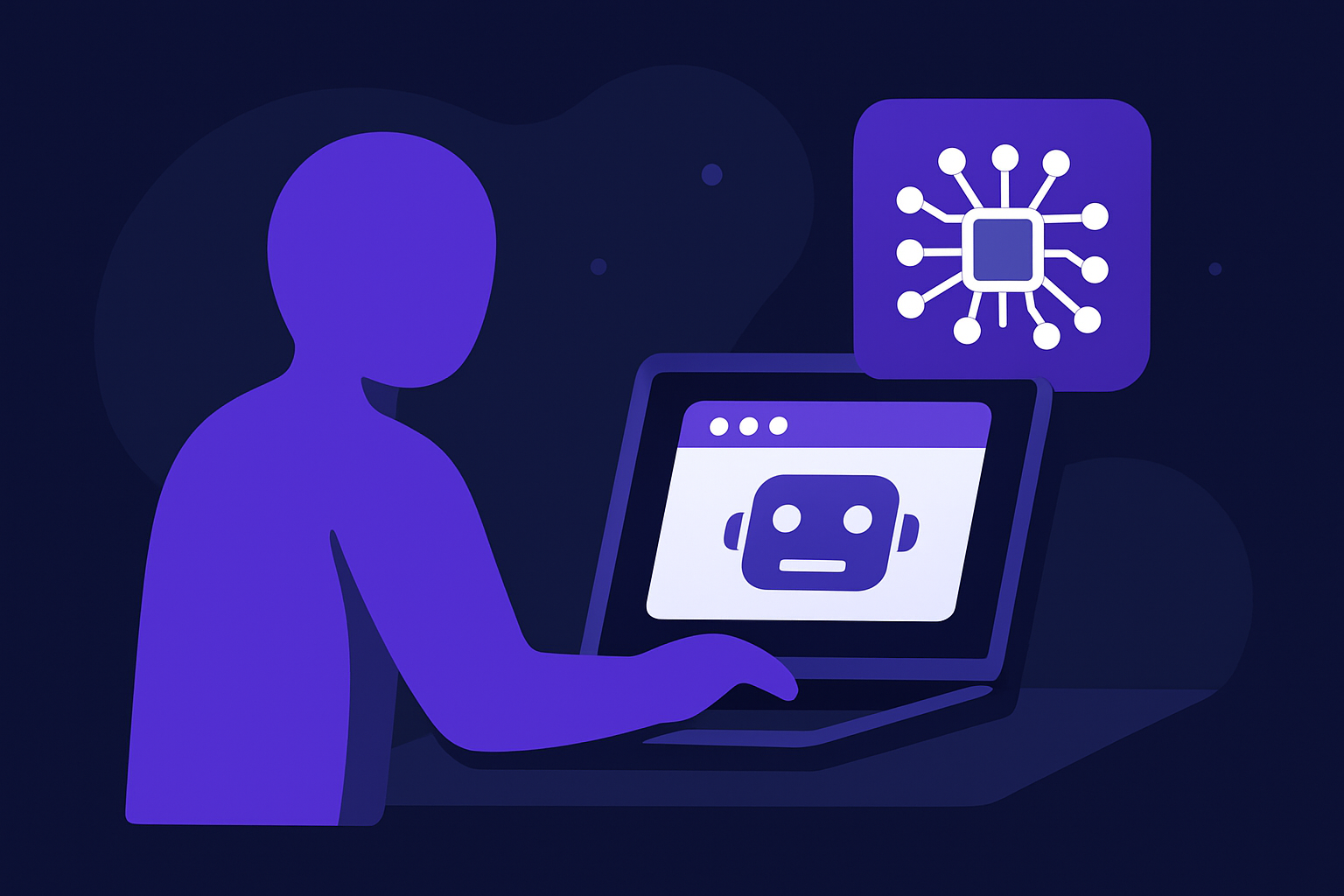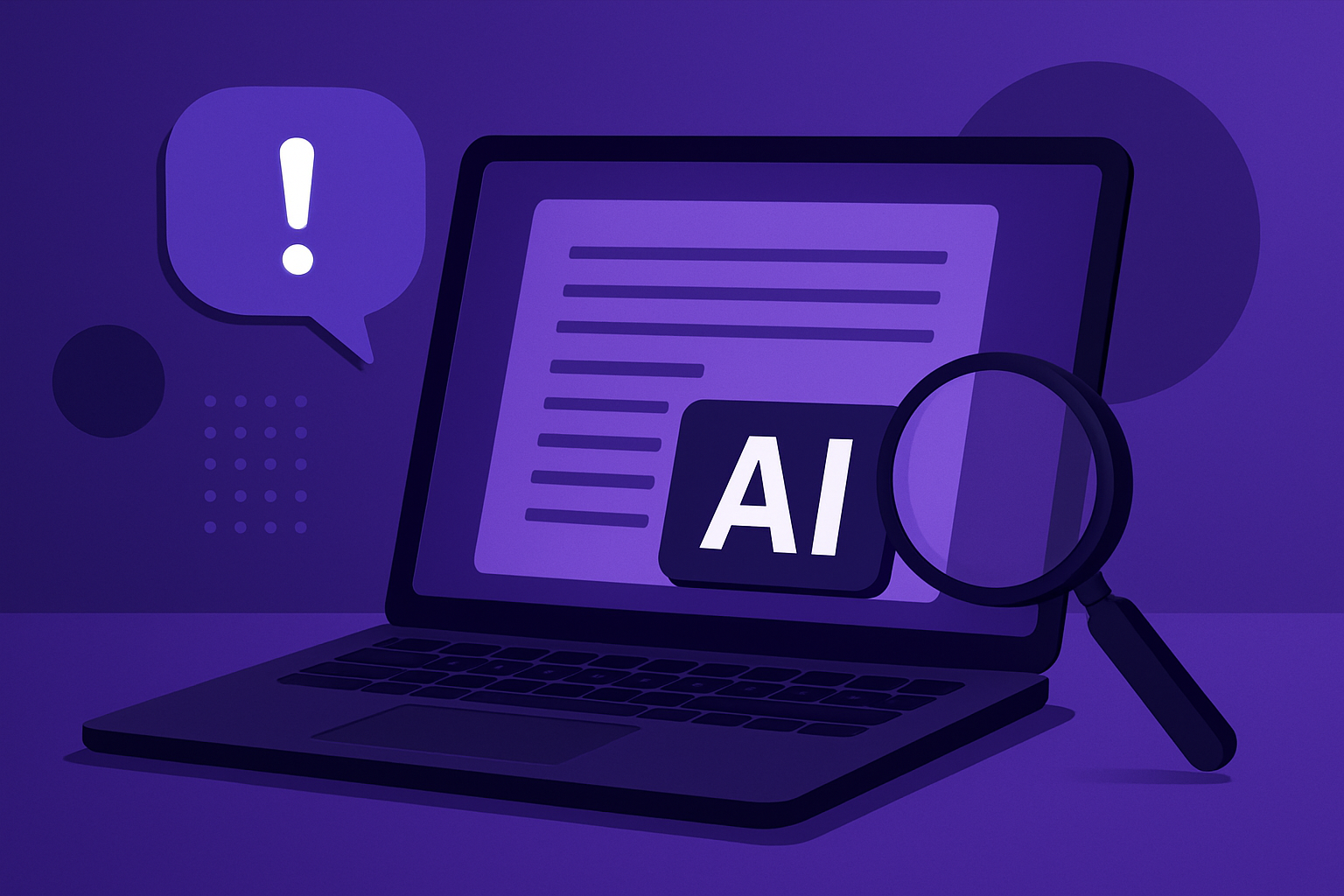Small businesses have always been the backbone of economies worldwide, but they often struggle with limited resources and fierce competition. In recent years, Artificial Intelligence (AI) has emerged as a transformative tool offering small enterprises the ability to compete with larger corporations by leveraging modern technology. AI can automate mundane tasks, provide valuable insights, and improve customer interactions, thus unlocking new opportunities for growth and innovation.
By integrating AI into their operations, small businesses can not only streamline processes but also create personalized experiences that cater to the unique needs of their customers. This integration is vital in an era where consumer expectations are continuously evolving, and businesses must adapt to stay relevant. Now more than ever, small businesses have the potential to harness AI to drive success and set themselves apart from the competition.
Enhancing Operational Efficiency
One of the main benefits of AI for small businesses is its ability to enhance operational efficiency. By automating routine tasks such as scheduling meetings, managing inventory, or processing payroll, AI allows business owners and employees to focus on more strategic activities that require human judgment and creativity.
AI-powered tools like chatbots can handle customer inquiries, freeing up staff time and providing 24/7 customer support. These tools not only help businesses operate more smoothly but also improve customer satisfaction by offering timely assistance.
Moreover, AI can analyze data faster and more accurately than humans, allowing businesses to make informed decisions quickly. From predicting demand patterns to optimizing supply chains, AI provides insights that can lead to increased productivity and cost savings.
Personalized Customer Experiences
In today’s digital age, customers expect personalized experiences when interacting with businesses. AI helps small businesses meet these expectations by analyzing customer data to predict preferences and tailor offerings accordingly.
Machine learning algorithms can segment customers based on purchasing behavior, allowing businesses to create targeted marketing campaigns. These personalized strategies can lead to higher conversion rates and customer loyalty.
Furthermore, AI-driven personalization extends beyond marketing. It can enhance product recommendations, optimize pricing strategies, and even customize website experiences, ensuring that each customer feels valued and understood.
Data-Driven Decision Making
Data is a crucial asset for any business, but extracting meaningful insights can be challenging without the right tools. AI empowers small businesses to make data-driven decisions by processing large volumes of information quickly and accurately.
With AI analytics platforms, businesses can uncover trends, identify potential risks, and evaluate performance metrics. This data can inform strategic planning, helping businesses to allocate resources effectively and seize new market opportunities.
Additionally, AI enables predictive analytics, which can forecast future trends and consumer behavior. By anticipating changes in the market, small businesses can proactively adjust their strategies to maintain a competitive edge.
Innovative Product Development
AI opens up new possibilities for product development by providing insights into customer needs and emerging trends. Small businesses can innovate more effectively by leveraging AI to design products that address specific market gaps.
Through AI-driven consumer insights, businesses can experiment with new features, designs, or functionalities that resonate with their target audience. This approach reduces the risks associated with product development and increases the likelihood of success in the market.
Moreover, AI can expedite the research and development process by automating complex tasks, enabling rapid prototyping, and simulating product performance. These capabilities allow small businesses to bring innovations to market faster.
Cost Reduction and Resource Optimization
For small businesses, managing costs is critical to maintaining profitability. AI can play a significant role in reducing operational expenses by optimizing resource allocation and minimizing waste.
Automated processes lower labor costs and reduce the chances of human error, resulting in more efficient operations. AI systems can also predict maintenance needs, preventing costly downtime and extending the lifespan of equipment.
Furthermore, AI assists in energy management by optimizing heating, lighting, and cooling systems, leading to substantial savings on utility bills. By effectively managing their resources, small businesses can reinvest savings into growth initiatives.
As AI technology continues to advance, the potential for small businesses to leverage these innovations will only grow. By embracing AI, these businesses can gain a competitive advantage in today's fast-paced market environment.
Implementing AI solutions may seem daunting, but the benefits far outweigh the challenges. As AI becomes more accessible and affordable, small businesses will find it easier to integrate and utilize these technologies to their advantage.













